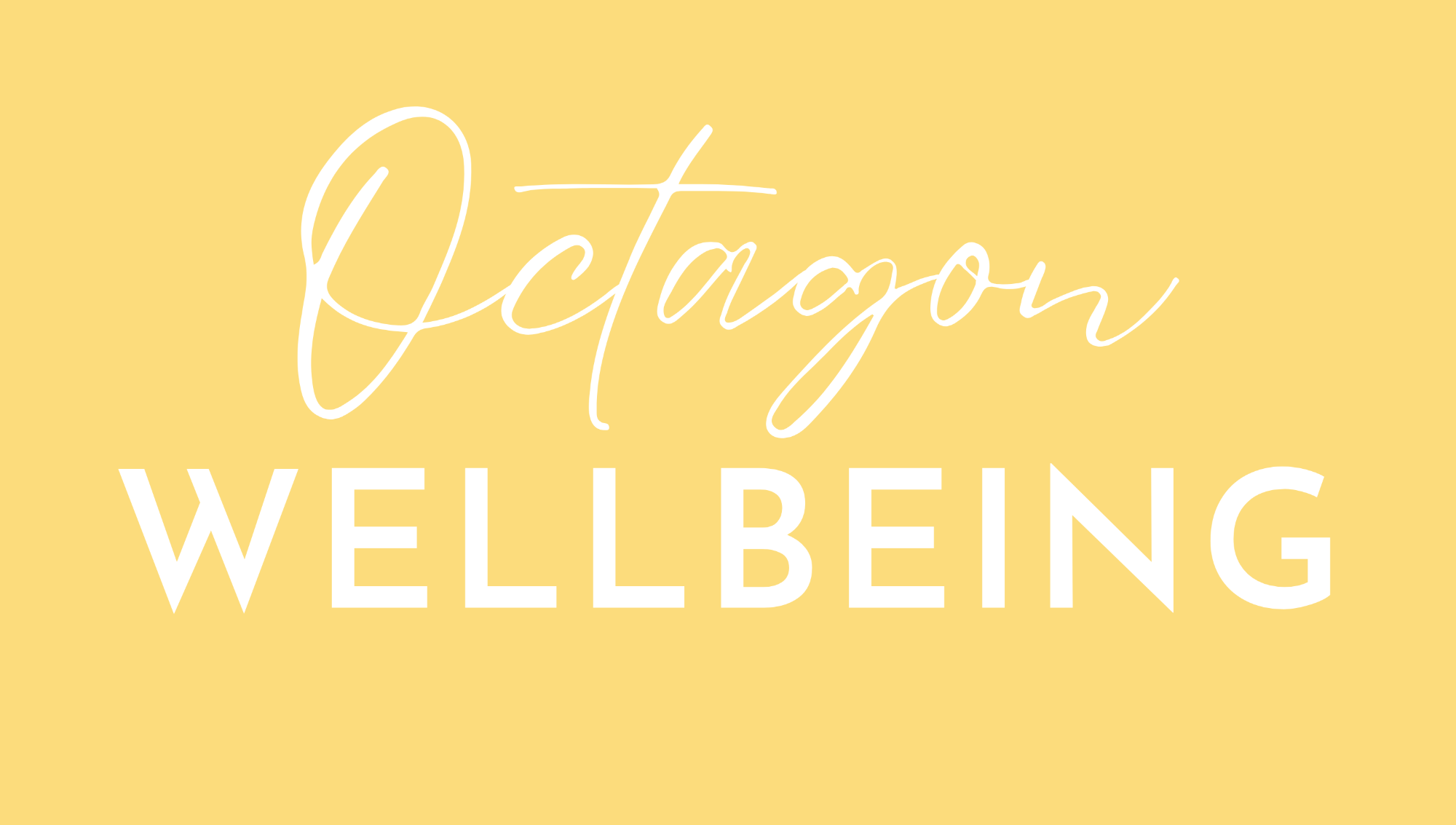Hypnotherapy....what is it?
Posted on
What is hypnosis?
Hypnosis is simply focused attention on an idea, you can use your imagination in a way that feels similar to daydreaming or getting lost in a good book meaning it is incredibly simple but very powerful. It is not something I, as the therapist, do to you - it is something you willingly do yourself simply by listening. In this way all hypnosis is self-hypnosis. The experience of deep relaxation in hypnosis can be truly transformative. During hypnosis I’ll use positive suggestions or ideas help you guide your imagination, evoke positive emotions and mentally rehearse or explore new ways of thinking/behaving. It is a very safe and does not involve entering into some sort of mystical 'trance' whereby you’re under the control of someone else. You’ll only be able to take on suggestions you are comfortable with and you can stop at any time. I would definitely encourage everyone to give hypnotherapy a try, but if you're feeling unsure about it then all the therapy I do can also be undertaken without hypnosis.
What is hypnotherapy?
Hypnotherapy is using hypnosis as a method to bring about positive therapeutic change. Our sessions may begin with a chat, sometimes teach you different ways to manage your thoughts, feelings and actions. We can then use hypnosis to support you to make these changes. Hypnosis is proven to be effective at helping with many issues, particularly useful for managing anxiety or stress, controlling pain, sleep problems, and conquering bad habits.
Will I lose control?
No, you remain in control at all times and are free to come out of hypnosis at any point. It is a gentle, safe, respectful process. You can stop any technique at any time; we will go at your pace, with you in control.
How will hypnotherapy feel?
Hypnotherapy can feel different from person to person. It is incredibly relaxing as you just have to focus on relaxing in your chair and listening to my voice. What I say during a hypnotherapy session will be tailored to your unique needs and what we have decided to focus on in that particular session. People usually end a hypnotherapy session feeling incredibly calm, relaxed and confident. Often the more sessions you have the more comfortable you'll feel with the hypnotherapy process and the more benefits you'll feel.
Can I be 'stuck' in hypnosis after a session ends?
The simple answer is no. Even if our online session gets disconnected mid way due to any technical reasons, you will be able to bring yourself back to the room once you no longer hear my voice. Equally, once the hypnosis session ends, you will become once more fully in the here and now. Hypnosis is completely safe and no one has ever been ‘stuck’ and you're never "under the power" of someone else.
How can hypnotherapy help me?
Cognitive behavioral hypnotherapy can be a great way to gain insight into yourself and make positive changes in your life. By using techniques such as guided relaxation, visualization, positive affirmations, and suggestion therapy, hypnotherapy can help you make positive changes in many areas of your life. Through our discussions in session we can also start to help you to better understand your emotions, thoughts and behaviors so you can make better decisions for yourself; enhance your confidence and self belief and lift your mood. Another significant benefit is that it can help you identify and address negative thought patterns and behaviors and replace them with positive ones. Because hypnotherapy is so relaxing clients often report to having improved sleep quality as the sessions allow them to let go of life worries and feel that they have strategies to manage them. Therefore hypnotherapy can be an effective treatment for a range of issues from stress, anxiety, insomnia, low mood, low self-esteem as well as many other problems.
